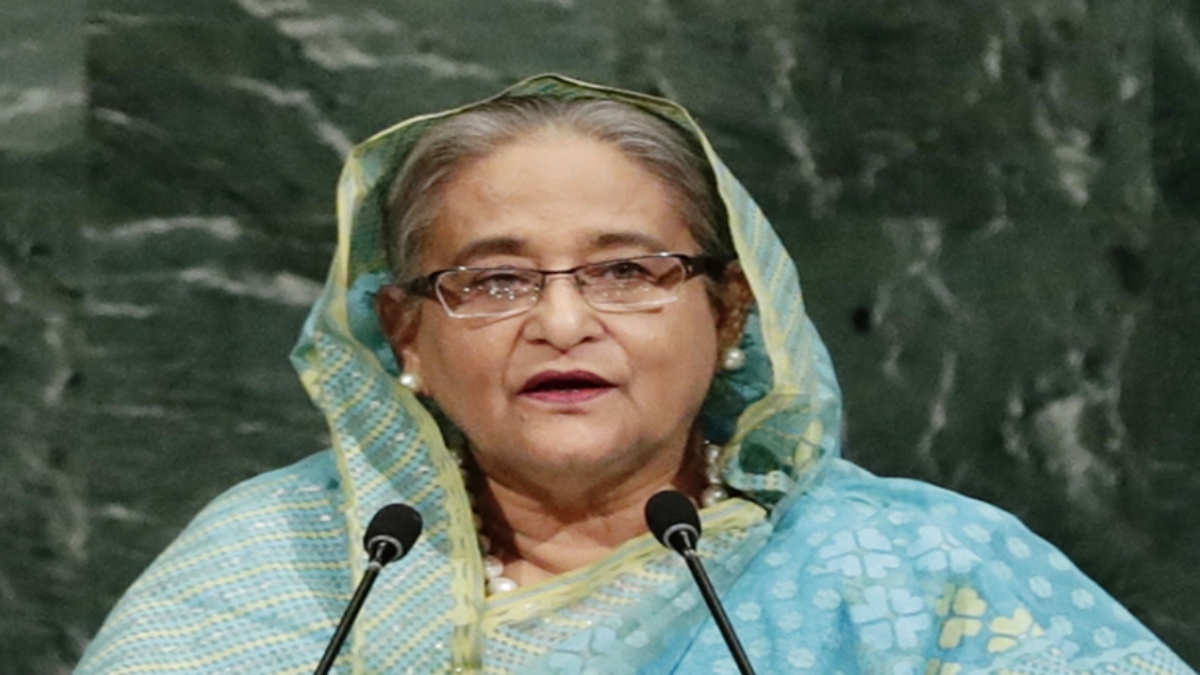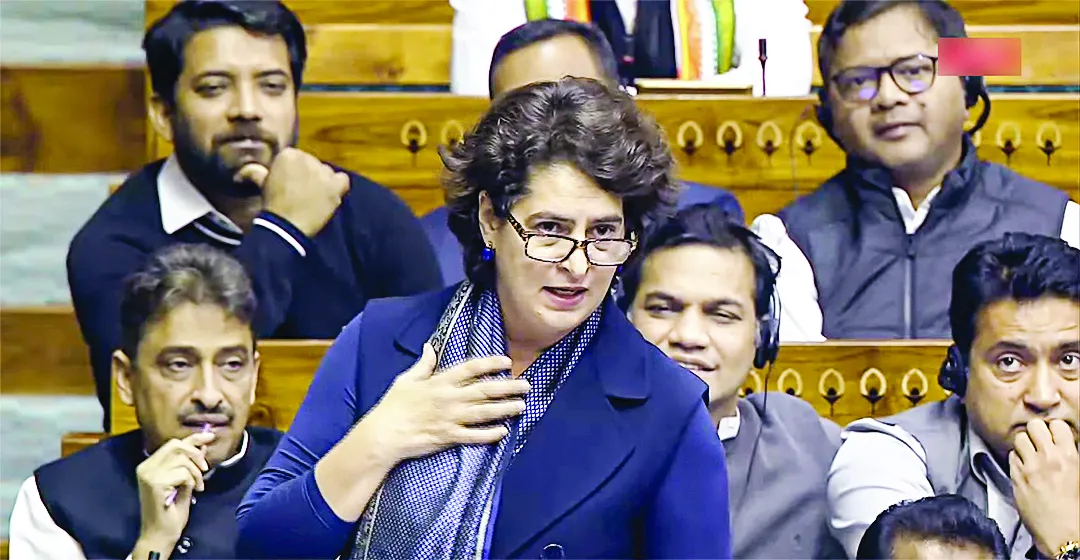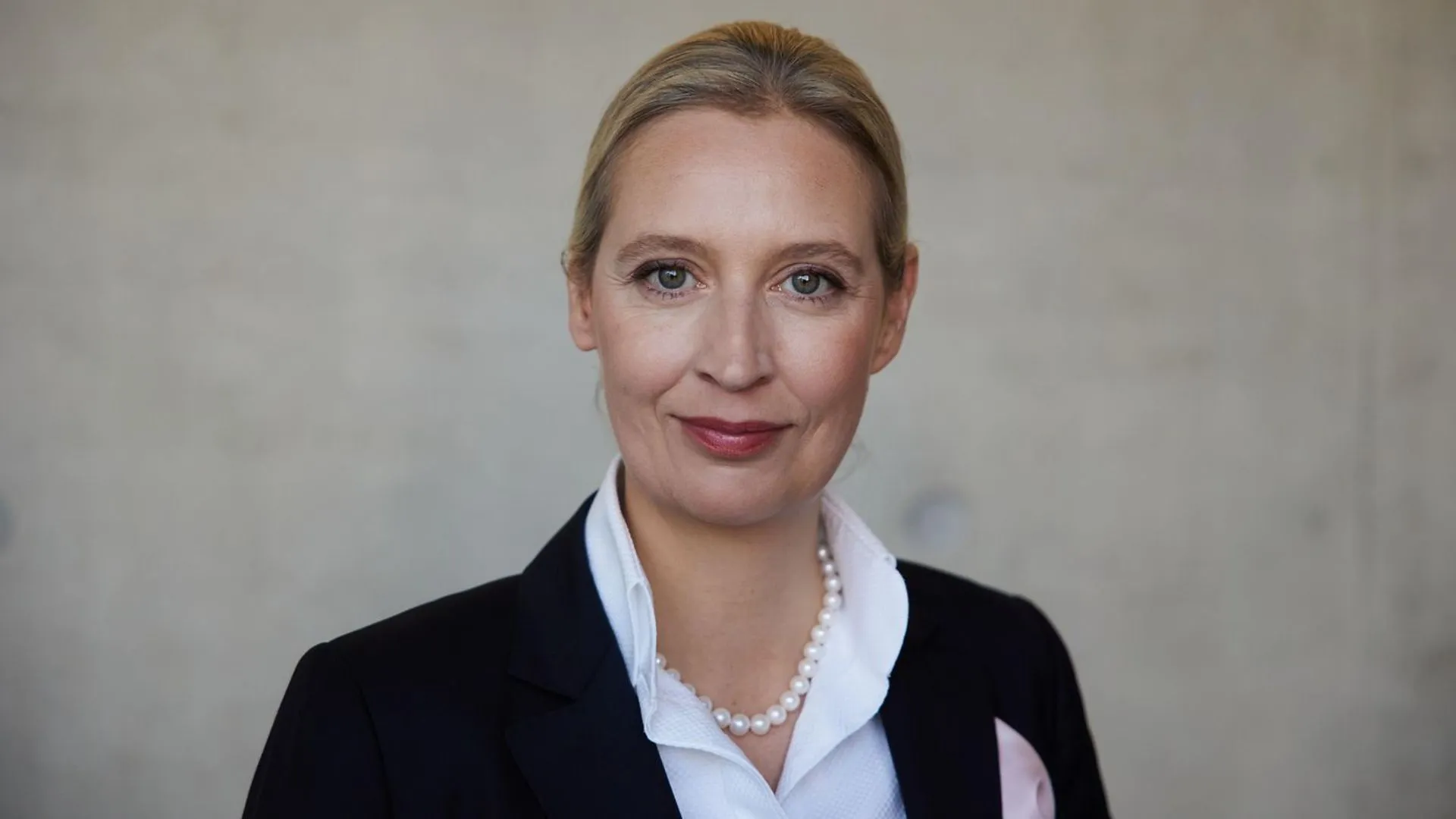Four decades ago, on Sunday, May 17 1981, Sheikh Hasina came to Dhaka after spending six years of political asylum in India’s capital, Delhi. When the plane touched the runway, a sturdy wind was blowing. It was raining heavily in Dhaka.
The storm and the hostile weather could not stop the procession of thousands of people. Disenfranchised people from villages, towns, cities, and ports all over the country rushed to the capital to welcome her. The whole capital was reverberating with the slogans of millions of voices against fanatic militarism.
Earlier, in a council session held in February, Awami League leaders and workers unanimously elected Sheikh Hasina, who was only 34-year-old then, as the party’s president. After returning to the country, she consolidated the Awami League by enduring myriad difficulties— imprisonment, oppression, and torture— perpetrated by the military ruler Ziaur Rahman.
Later, Sheikh Hasina, daughter of Bangabandhu Sheikh Mujibur Rahman, led the movement against the military rule of Zia-Ershad and the misrule of BNP-Jamaat, and most recently the tyranny of the Fakhruddin government.
Under her leadership, the Awami League, the leading party in the freedom struggle, achieved a landslide victory in the 2008 parliamentary elections. Then the things kept moving on. No obstacle in the development of the country could keep her down.
When Sheikh Hasina returned to the country, Ziaur Rahaman was in power. Obstinate, He did not allow Sheikh Hasina to enter her house in Dhanmondi, and did not even allow a Milad Mahfil for Bangabandhu. With no option left at her disposal, she had to recite Milad on the road outside her house. Ziaur Rahman formed a resistance committee with his people to encumber Sheikh Hasina and her endeavours.
Nevertheless, after returning to the country, Sheikh Hasina had to join the movement for the restoration of democracy. During the tenure of Zia-Ershad and Khaleda Zia, 19 attempts were made to assassinate Hasina, and miraculously she survived all.
After coming to power, myriad challenges lay on the road. She had to fight against the cacophony of fundamentalists. Surprisingly, US Secretary of State John Kerry also called on Sheikh Hasina to stop the trial of Jamaat leaders for war crimes; nevertheless, she did not pay any heed. Hefazat-e-Islam besieged Dhaka on May 5, 2013, calling for the government to be ousted, and Hasina suppressed the fundamentalists with a strong hand.
Bangladesh is a prosperous country today owing to her perseverance, struggle, patience, sacrifice, and relentless hard work. Bangladesh’s achievements in various indicators of finance and trade in the 50 years of the victory have stunned the world as the Awami League adopted the country’s economic master plan for the first term (1996-2001) and later during the three consecutive terms from 2008 under her strong leadership.
Henry Kissinger, an American politician, once mocked Bangladesh as a ‘bottomless basket’. And now, the country has become a role model for developing nations across the world. Bangladesh is now competing with the developing countries in terms of poverty alleviation, economic liberation, reserves, and growth.
Last May, the country’s foreign exchange reserves exceeded $45.10 billion. An increase in foreign exchange reserves means that the economy is getting stronger. Starting with a per capita income of $129 in 1981, Bangladesh’s current per capita income has now reached $2,227. Before the independence of the country in 1971, 80 percent of the people lived below the poverty line. However, today the populace living below the poverty line is just 20.5 per cent. In the first financial year of Bangladesh (1972-73) the size of its budget was Tk. 786 crore. At the end of 50 years, the sprawl of the budget stands at Rs 5,60,000.
Before the Awami League came to power in the second term, the lives of the people were fraught with the difficulties like the scarcity of electricity. In just a decade, changes took place under the leadership of Sheikh Hasina. Electricity has now reached to every rural household, and the latest annual total power generation is 24,000 MW. The production of food grains stands at 451 lakh tons. Post-independence, the export earnings have risen from $348.33 million to $2,586 million. Bangladesh is now the third-largest producer of rice and fourth-largest producer of freshwater fish in the world.
Bangladesh is now far ahead of Pakistan in development indices like education, life expectancy, imports, exports, reserves, GDP growth rate, and per capita income. Pakistan is awestruck witnessing the examplary rise of Bangladesh frum the rubble.
Pakistan is openly acknowledging Bangladesh’s continued progress. Pakistan Prime Minister Imran khan once said that he would make Pakistan the Switzerland of the East. Pakistani Journalist in the talk show retorted, “…not Switzerland, please make us Bangladesh!”
After independence, 100 Takas would fetch 35-40 Indian Rupees, and now 100 Takas can fetch Rs. 86.
Last year, in March, Joe Biden hailed Prime Minister Sheikh Hasina’s leadership. The US President termed the growth of Bangladesh as a shining example of economic progress. He also called Bangladesh a country of ‘immense potential and opportunity’. Biden further praised Bangladesh’s commitment to tackling the problem of climate change.
While many influential statesmen in the world are overwhelmed and are surrendering to the catastrophe, Hasina is battling against the Coronavirus pandemic with her boundless courage and statesmanship. According to Commonwealth Secretary-General Patricia Scotland, Sheikh Hasina is one of the most successful women leaders in the Commonwealth who is tackling the coronavirus pandemic efficiently. Apart from the Prime Minister of Bangladesh, the leaders who were praised are the Prime Minister of New Zealand Jacinda Ardern, and the Prime Minister of Barbados Mia Amor Motley.























